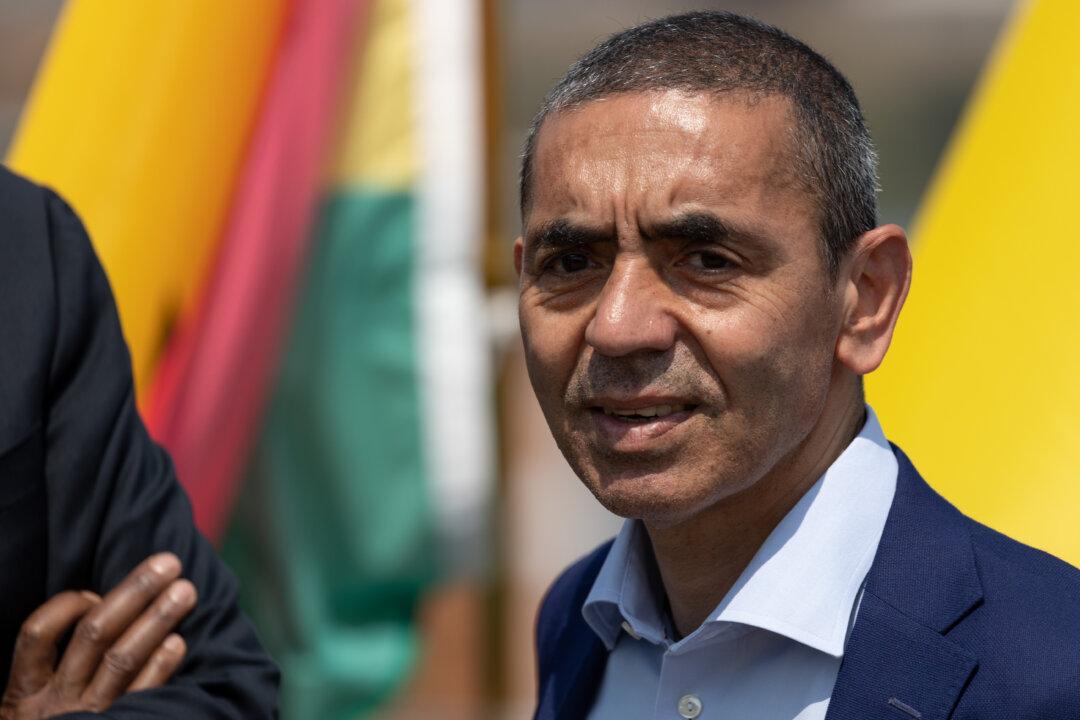Pfizer partner BioNTech is projecting that it will make less money than previously expected from COVID-19 vaccines.
BioNTech now projects that it will make about $4 billion from the shots this year, down from a projection earlier this year of $5 billion.





